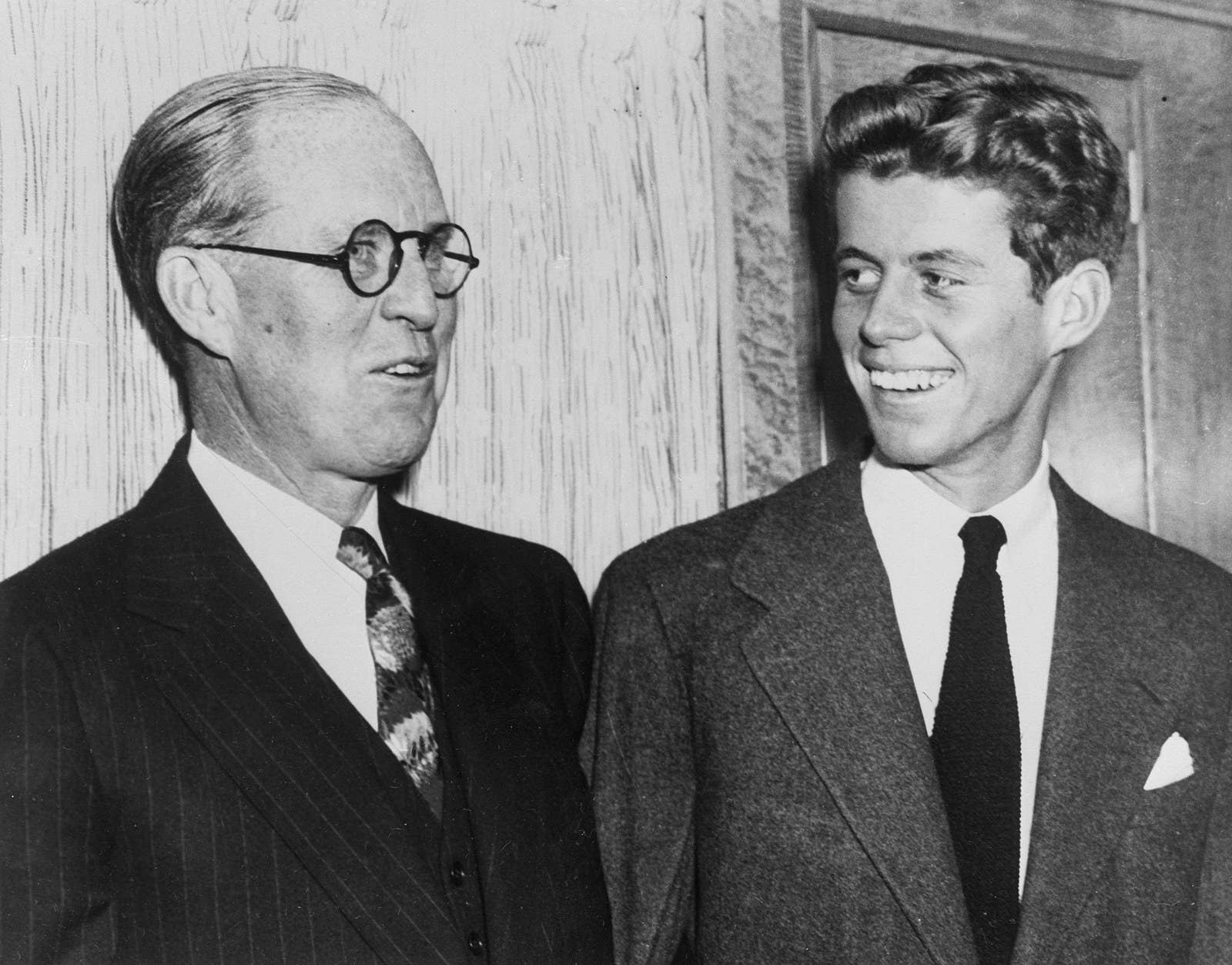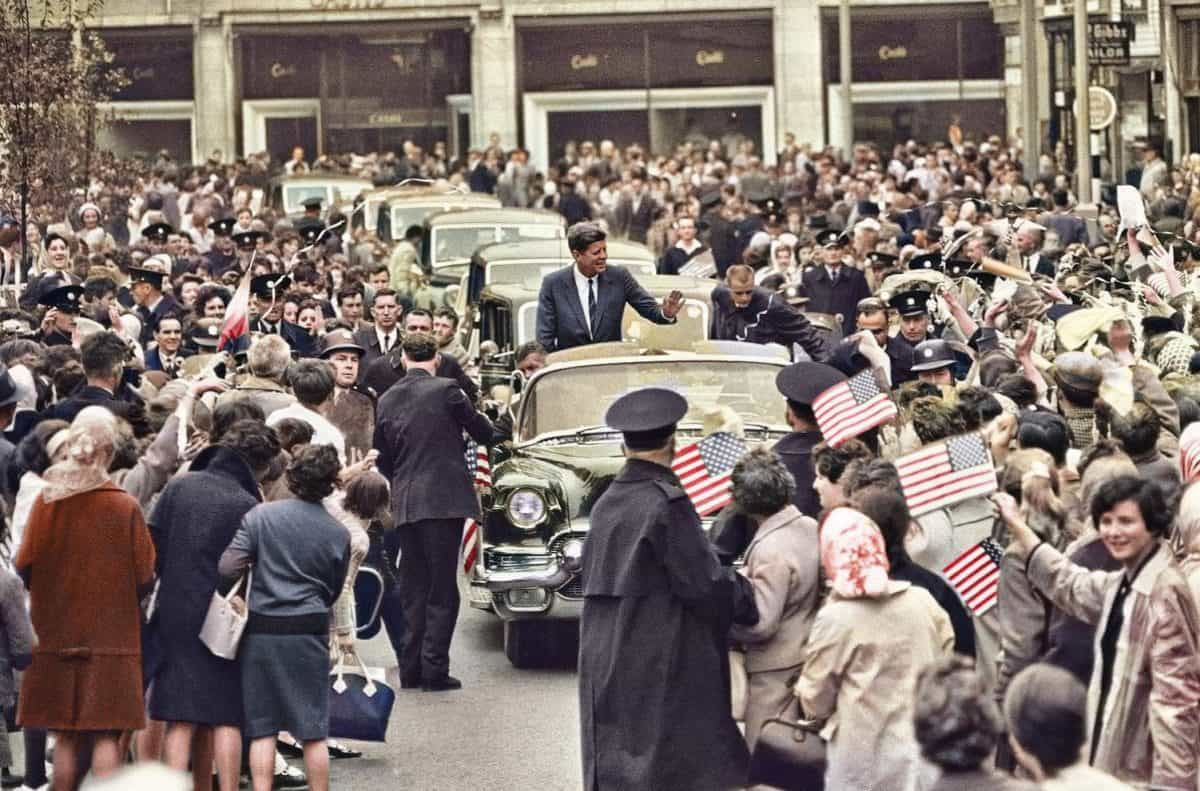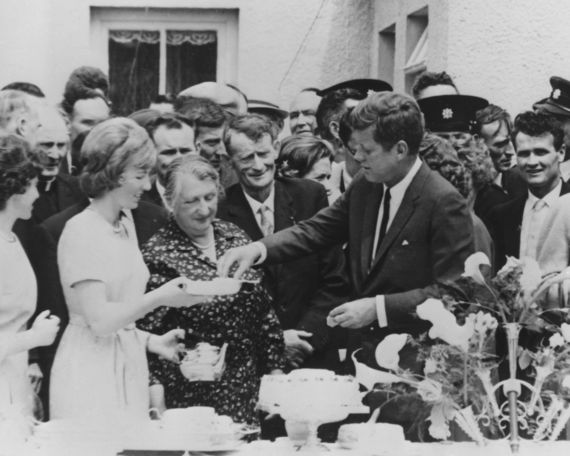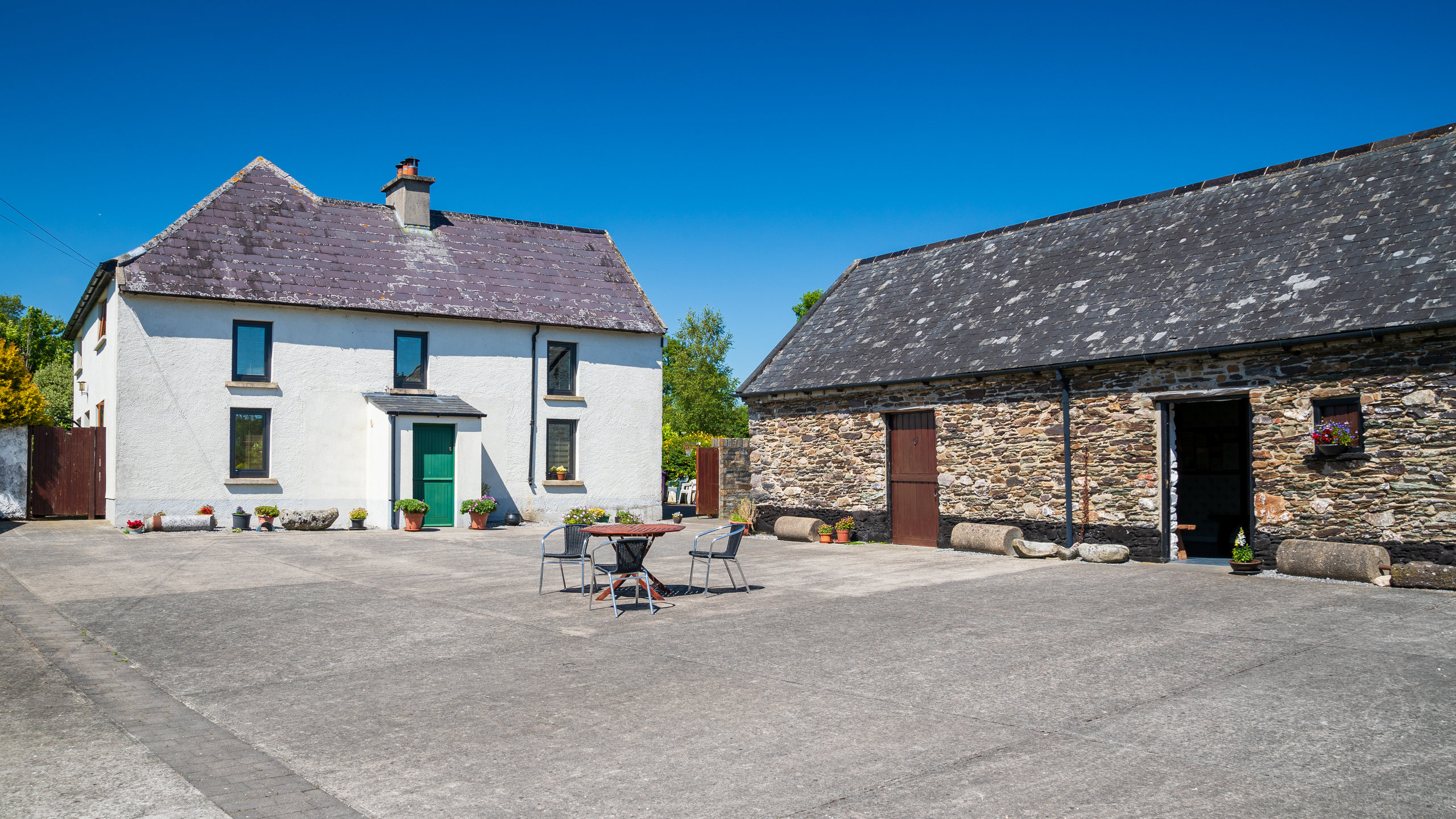John F. Kennedy, the 35th President of the United States, is remembered for his impactful presidency and charismatic persona.
However, many may not be aware of the profound connection JFK had with Ireland. This relationship was not merely symbolic but deeply personal and cultural, tracing back to his ancestors and extending through his life and political career.
This article explores the rich and enduring connection between John F. Kennedy and Ireland, shedding light on how this bond shaped his legacy and continues to be celebrated today.
Ancestral Roots: The Kennedy Family Heritage

To understand John F. Kennedy's connection to Ireland, it is crucial to trace his ancestry.
The Kennedy family's Irish roots run deep, originating from the small village of Dunganstown, County Wexford.
Patrick Kennedy, JFK's great-grandfather, emigrated from Ireland to the United States in 1848 during the Great Famine, leaving behind a life of hardship in search of better opportunities in America.
Patrick Kennedy settled in East Boston, where he worked as a cooper. His son, Patrick Joseph "P.J." Kennedy, rose to prominence in local politics, laying the foundation for the family's future in public service.
P.J. Kennedy’s son, Joseph P. Kennedy Sr., further expanded the family's influence, becoming a successful businessman and eventually serving as the U.S. Ambassador to the United Kingdom. This lineage set the stage for John F. Kennedy's rise to political prominence.
JFK's Early Awareness of His Irish Heritage
John F. Kennedy grew up in a family that was acutely aware of its Irish heritage. His parents, Joseph P. Kennedy Sr. and Rose Fitzgerald Kennedy, instilled a sense of pride in their children regarding their Irish roots.
Kennedy's maternal grandfather, John F. "Honey Fitz" Fitzgerald, was a prominent figure in Boston politics and often shared stories of the family's Irish ancestry, further reinforcing this cultural connection.
From an early age, JFK was exposed to the values of hard work, resilience, and community, which are deeply ingrained in Irish culture. These values would later influence his political philosophy and leadership style.
The Symbolic Visit: JFK's Trip to Ireland in 1963

John F. Kennedy’s visit to Ireland in June 1963 stands as one of the most memorable moments in his presidency and a testament to his connection with his ancestral homeland.
This visit was not only significant on a personal level for Kennedy but also had a profound impact on the relationship between Ireland and the United States.
During his four-day tour, Kennedy visited the village of Dunganstown, where he received a warm and emotional welcome from distant relatives and local residents.
The President's visit to the ancestral homestead was a poignant moment, highlighting the deep familial ties that connected him to Ireland.
Kennedy's visit also included a speech at the Irish Parliament (Dáil Éireann), where he expressed his admiration for Ireland’s struggles and achievements.
He emphasized the shared history and values between the two nations, forging a renewed sense of solidarity.
In his speech, JFK famously said, "When my great-grandfather left here to become a cooper in East Boston, he carried nothing with him except two things—a strong religious faith and a strong desire for liberty. I am glad to say that all of his grandchildren have valued that inheritance."
Political and Diplomatic Impact

JFK's connection to Ireland had significant political and diplomatic implications. His visit strengthened the cultural and political ties between Ireland and the United States, bringing attention to Ireland's aspirations and struggles on the global stage.
Kennedy's admiration for the country and its people resonated deeply, fostering goodwill and mutual respect.
The visit also marked a shift in Irish-American relations, encouraging greater diplomatic cooperation and cultural exchange.
JFK's recognition of Ireland's contributions to the world and his celebration of its heritage helped raise the country's profile, both politically and culturally.
Legacy and Commemoration
The legacy of John F. Kennedy's connection to Ireland continues to be celebrated and commemorated in various ways.
In Ireland, JFK is remembered as a symbol of hope, inspiration, and the enduring connection between the two nations.
Monuments, plaques, and public spaces have been dedicated to his memory, ensuring that his visit and impact are not forgotten.
One notable commemoration is the John F. Kennedy Arboretum in County Wexford, which was established in his honor.
The arboretum features a vast collection of trees and plants from around the world, symbolizing Kennedy’s international outlook and his desire for peace and cooperation among nations.
The Kennedy Homestead: A Living Memorial

The Kennedy Homestead in Dunganstown, County Wexford, serves as a living memorial to John F. Kennedy and the Kennedy family.
The homestead has been preserved and transformed into a visitor center, where people can learn about the Kennedy family's history and JFK's connection to Ireland.
The center features exhibitions, photographs, and artifacts that narrate the story of the Kennedy family’s emigration from Ireland and their rise to prominence in the United States.
It also highlights JFK’s 1963 visit, capturing the emotional and historical significance of his return to his ancestral home.
Cultural Exchange and Continued Connections
John F. Kennedy’s connection to Ireland has paved the way for ongoing cultural exchange and strengthened ties between the two nations.
Irish-American heritage continues to be celebrated through festivals, educational programs, and community initiatives that honor the contributions of Irish immigrants to American society.
Kennedy’s legacy also inspires new generations to explore their own heritage and to recognize the importance of cultural identity.
His admiration for Ireland and its values resonates with people around the world, encouraging a deeper appreciation for shared histories and mutual respect.
Personal Reflections and Family Connections
For the Kennedy family, Ireland remains a place of personal significance and reflection.
Members of the Kennedy family have visited Ireland over the years, continuing the connection that John F. Kennedy cherished.
These visits serve as a reminder of the enduring ties that bind the Kennedy family to their Irish roots.
Caroline Kennedy, JFK's daughter, has often spoken about her father's love for Ireland and the impact of his 1963 visit.
Her reflections underscore the importance of heritage and the lasting influence of JFK’s connection to his ancestral homeland.
JFK's Irish Legacy in Modern Times
In contemporary times, the legacy of John F. Kennedy's relationship with Ireland continues to inspire leaders, diplomats, and citizens.
His vision of a world united by shared values, mutual respect, and international cooperation remains relevant and influential.
Political leaders in both Ireland and the United States often invoke JFK’s legacy when discussing bilateral relations and cultural ties.
His example serves as a guiding light, reminding us of the importance of embracing our heritage and working together for a better future.
A Lasting Bond
John F. Kennedy’s connection to Ireland is a testament to the enduring power of heritage, culture, and shared values.
From his ancestral roots in Dunganstown to his historic visit in 1963, JFK’s bond with Ireland shaped his identity and influenced his presidency.
This relationship, built on mutual admiration and respect, continues to be celebrated and remembered, highlighting the lasting impact of a leader who never forgot his roots.
As we reflect on John F. Kennedy’s legacy, we are reminded of the importance of embracing our heritage and recognizing the ties that bind us across generations and borders.
JFK’s connection to Ireland serves as a powerful example of how personal history and cultural identity can shape and inspire a leader’s vision for the world.












